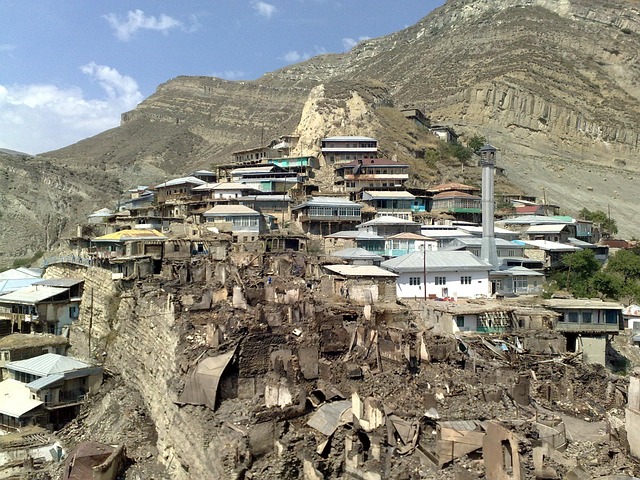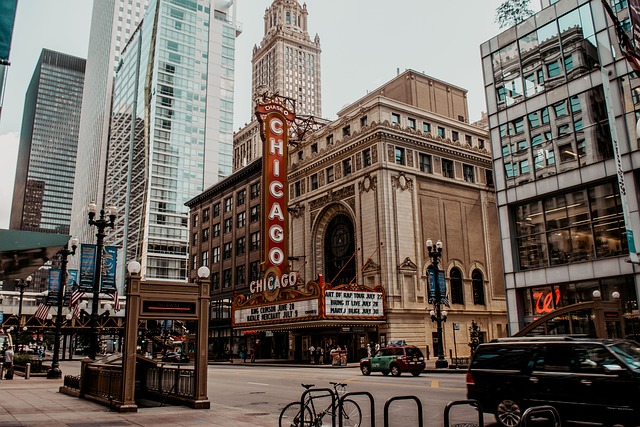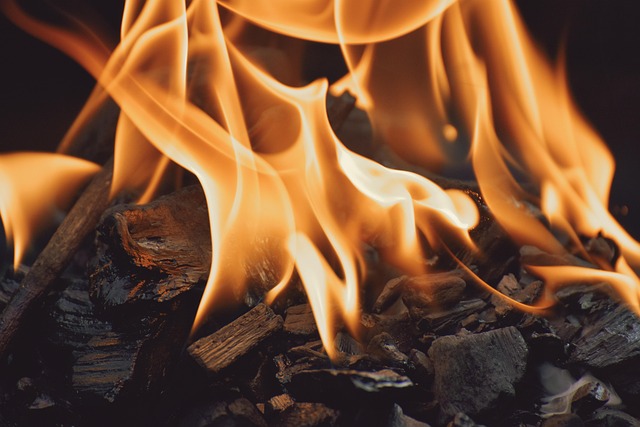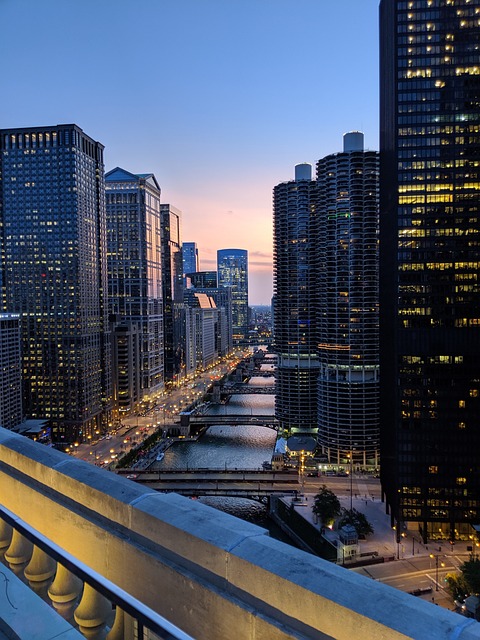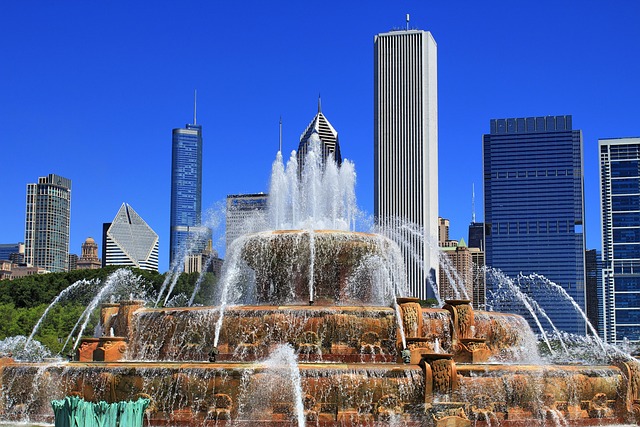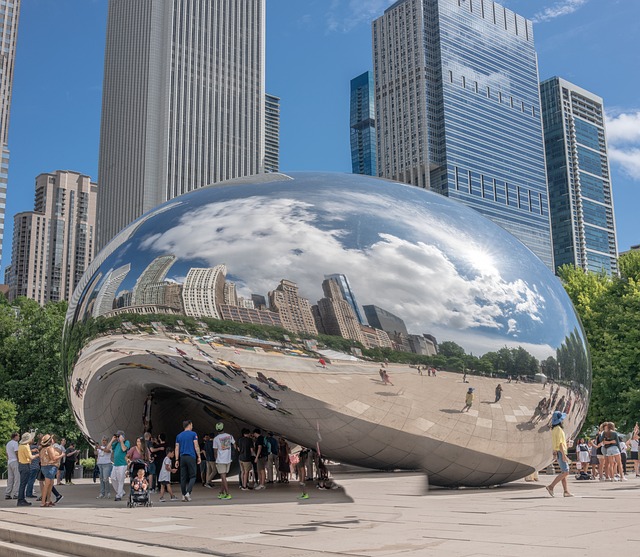Smoke damage from fires in Chicago homes can significantly impact structure, air quality, and livability, posing health risks due to toxic gases, charred materials, and mold spores. Prompt action is crucial for both homeowners looking to sell and buyers investing in fire-damaged properties in the competitive Chicago market. Professional restoration services are vital for assessing, containing, and removing smoke residue, restoring homes, and increasing sale potential, emphasizing the importance of remediation for both owners and investors interested in selling a fire damaged home Chicago.
Smoke damage from a fire can leave a lasting impact on homes in Chicago, IL. Understanding the extent of the harm and taking swift action is crucial for property owners. This guide delves into the process of smoke damage remediation, offering insights tailored to Chicago’s unique challenges. From assessing the damage to implementing effective restoration techniques, learn how to restore your fire-damaged home and maximize its resale value in the competitive Chicago real estate market.
- Understanding Smoke Damage and Its Impact on Homes in Chicago
- The Process of Smoke Damage Remediation: Restoring Your Fire-Damaged Home in Illinois
Understanding Smoke Damage and Its Impact on Homes in Chicago
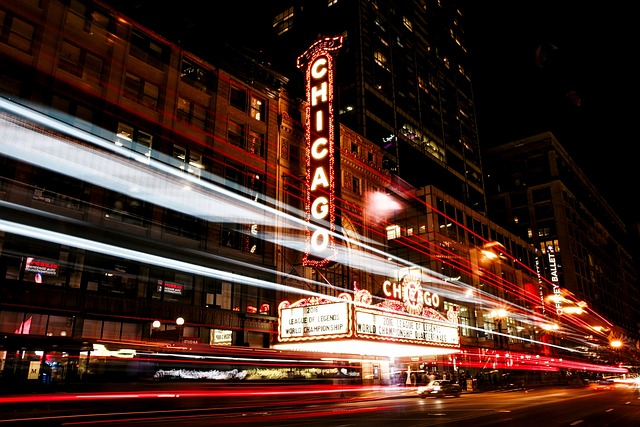
Smoke damage from a fire can leave a significant mark on Chicago homes, affecting not just the physical structure but also the air quality and overall livability. When a fire occurs, smoke and soot particles penetrate every nook and cranny of a building, adhering to surfaces and infusing themselves into wall cavities, insulation, and HVAC systems. These residues can consist of various substances, including toxic gases, charred materials, and even mold spores, which pose health risks to residents and potential buyers if not properly addressed.
In Chicago, where the real estate market is competitive, understanding smoke damage remediation is crucial for both homeowners seeking to sell fire-damaged properties and buyers looking to invest. Prompt action is essential to mitigate long-term effects, preserve property value, and ensure a safe living environment. Professional restoration services play a vital role in assessing, containing, and removing smoke residue, restoring homes to their pre-fire condition and increasing the likelihood of a successful sale for owners looking to move on from this challenging experience.
The Process of Smoke Damage Remediation: Restoring Your Fire-Damaged Home in Illinois
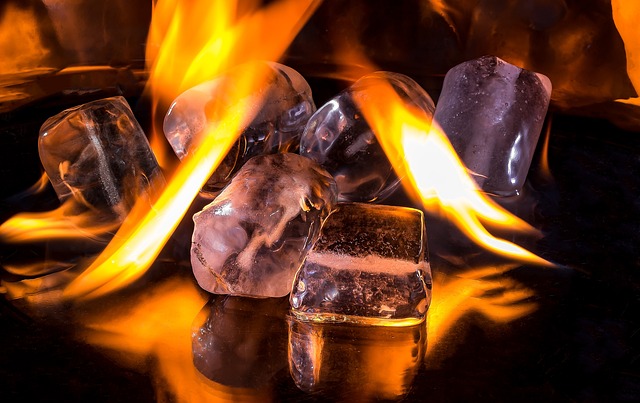
Smoke damage remediation is a critical process that involves several steps to restore your Illinois home to its pre-fire condition, especially if you’re considering selling a fire-damaged property in Chicago. The first step is assessing the extent of the damage, which includes inspecting every nook and cranny for affected areas like walls, ceilings, floors, and belongings. This thorough evaluation helps determine the appropriate remediation techniques.
Once the assessment is complete, professionals begin the cleanup process. This involves removing and replacing smoke-damaged materials, such as drywall or insulation, to prevent further deterioration. The next phase includes decontaminating and sanitizing the property using specialized equipment to eliminate any remaining odors and harmful substances. Proper disposal of contaminated materials ensures a safer environment for residents and potential buyers in the future. After these initial steps, restoration work begins, focusing on structural repairs, painting, and revamping affected areas to match the original design of your Chicago home, making it more appealing to potential buyers interested in purchasing a sell fire damaged home.
Smoke damage can significantly impair the value and livability of a property, but proper remediation can restore homes in Chicago and across Illinois. Understanding the impact of smoke and implementing a comprehensive remediation process is key to recovering from a fire event. If you’re considering selling a fire-damaged home in Chicago, remember that with professional restoration, many buyers still find appeal in these unique properties, turning potential setbacks into opportunities for renewal.
